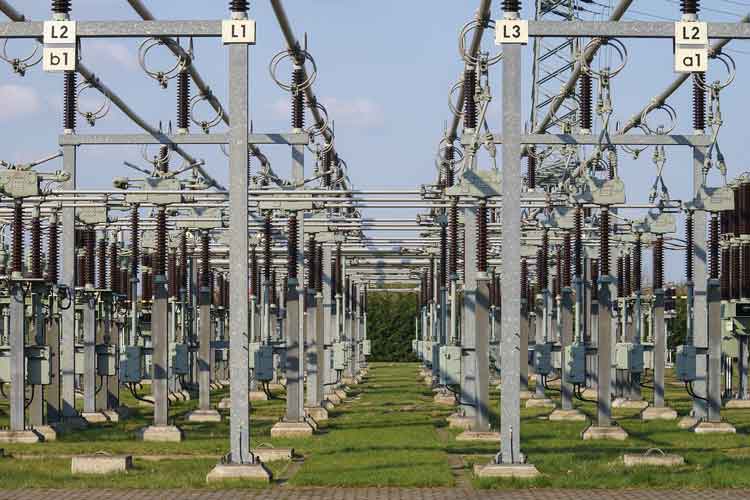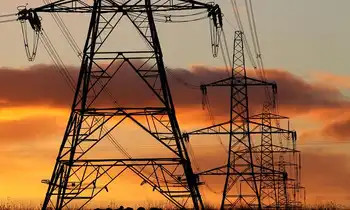Human carbon emissions make oceans corrosive
Marine researchers knew that ocean acidification, as it's called, was occurring in deep water far from land. What they called "truly astonishing" was the appearance of this damaging phenomenon on the Pacific North American continental shelf, stretching from Mexico to Canada.
"This means that ocean acidification may be seriously impacting our marine life on our continental shelf right now, today," said Richard Feely of the Pacific Marine Environmental Laboratory, part of the U.S. National Oceanic and Atmospheric Administration.
Other continental shelf regions around the world are likely to face the same fate, he said.
Plenty of natural activities, including human breath, send the greenhouse gas carbon dioxide into the atmosphere, but for the last 200 years or so, industrial processes that involve the burning of fossil fuels such as coal and petroleum have pushed emissions higher.
Oceans have long been repositories for the carbon dioxide, absorbing some 525 billion tonnes of the climate-warming substance over the last two centuries - about one-third of all human-generated carbon dioxide for that period.
But the daily absorption of 22 million tonnes of the stuff has changed the chemistry and biology of the oceans, turning it corrosive and making it difficult or impossible for some animals to produce their calcium carbonate shells and skeletons, the researchers said.
This change has been observed over the last three decades, the scientists said in research published in the journal Science.
The acidic waters are coming up onto the continental shelf - the shallow area near a big land mass like North America - because of a long-term churning ocean pattern that moves cold deep water up toward the surface in the spring and summer, the scientists said.
The carbon-loaded waters that are now near the U.S. West Coast took about 50 years to get there, starting somewhere on the ocean surface and absorbing their share of carbon dioxide, then sinking deep down and eventually welling upward.
The natural process called ocean respiration could not explain the high levels of carbon dioxide that caused the corrosive water the scientists found on the continental shelf; the addition of human-generated carbon dioxide did.
This acidic water is corroding the shells of clams, mussels, starfish and the free-floating sea-snails called pterapods that nourish young salmon, the researchers said, citing data from a 2007 research cruise.
Corrosion occurred in water that absorbed carbon dioxide from the atmosphere in 1957, when levels of this gas were considerably lower than they are now, the researchers said.
"This means that even if we were to stop instantaneously the current rate of rise of carbon dioxide in the atmosphere, the corrosivity of these upwelling waters would increase for the next 50 years," said Burke Hales, a professor of chemical oceanography at Oregon State University.
Related News

Residential electricity use -- and bills -- on the rise thanks to more working from home
NEW YORK - Don't be surprised if your electric bills are looking higher than usual, with a sizable increase in the amount of power that you have used.
Summer traditionally is a peak period for electricity usage because of folks' need to run fans and air-conditioners to cool their homes or run that pool pump. But the arrival of the coronavirus and people working from home is adding to amount of power people are using.
Under normal conditions, those who work in their employer's offices might not be cooling their homes as much during the middle of the day or using as…





